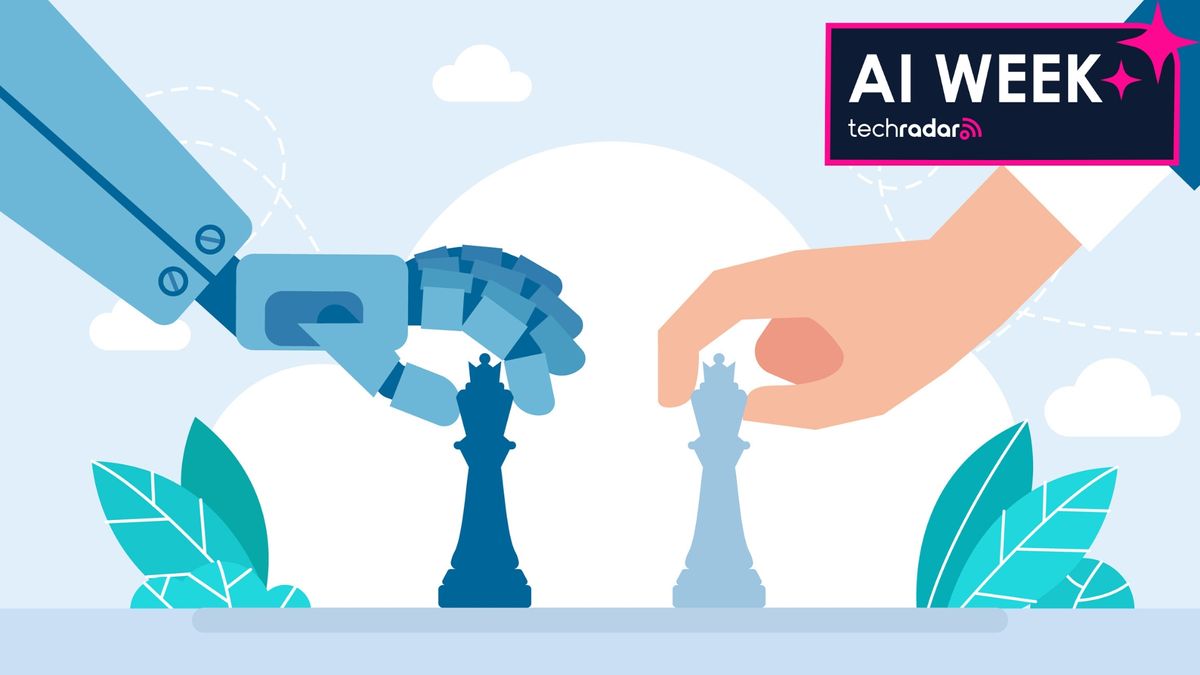ChatGPT Expands Beyond Work to Become a Personal Entertainment Engine

Key Points
- ChatGPT creates personalized playlists that match specific moods and activities.
- The AI generates custom puzzles, including crosswords and Sudoku variations, tailored to user interests.
- Text‑based adventures and mini‑games can be built quickly based on user‑defined settings.
- Instant quizzes for any topic or occasion are produced with questions and answers ready to use.
- Educational tools such as language practice quizzes and math challenges are delivered in a fun format.
- Personalization is the key driver, with more detailed prompts yielding more accurate results.
- Limitations include occasional repetition, reliance on existing music libraries, and novelty‑level games.
ChatGPT is increasingly being used for leisure activities, offering personalized playlists, custom puzzles, text‑based adventures, quizzes and learning tools. By tailoring content to individual preferences, the AI transforms everyday downtime into engaging, customized experiences. Users report that the service delivers music that matches moods, puzzles built around personal interests, and quizzes that feel handcrafted, highlighting a shift from purely productivity‑focused use to a broader entertainment role.
From Productivity to Play
While much of the conversation around artificial intelligence has centered on workplace efficiency—automating emails, spreadsheets and other routine tasks—ChatGPT is proving to be a versatile companion for personal entertainment. The model can generate content that feels uniquely tailored, turning ordinary moments into curated experiences.
Personalized Playlists for Every Mood
Users can ask ChatGPT for specific music mixes, such as a two‑hour playlist for cooking on a rainy Sunday or an indie‑disco set for a wedding after‑party. The AI draws on user preferences and contextual cues to assemble tracks that align with the requested vibe, delivering mixes that feel as though a friend curated them rather than a generic streaming algorithm.
Custom Puzzles and Brain Games
Beyond music, the tool can create puzzles that match individual interests. Whether it’s a crossword themed around wrestling, a word search focused on favorite hobbies, or a unique Sudoku variation, ChatGPT produces grids and clues within minutes. This level of personalization offers a refreshing alternative to the one‑size‑fits‑all puzzles found in newspapers.
Text‑Based Adventures and Mini‑Games
Although not a replacement for full‑scale video games, ChatGPT can generate lightweight, text‑based adventures. Users specify settings, difficulty levels and themes, and the AI crafts branching narratives that can keep a player engaged for short sessions. Examples include short adventures set in Tokyo or fantasy scenarios where a dog is the protagonist.
Instant Quizzes for Any Occasion
Creating a balanced quiz can be time‑consuming, but ChatGPT streamlines the process. By requesting a 20‑question quiz on Premier League history or a light‑hearted pop‑culture quiz for a birthday, users receive ready‑to‑use question sets complete with answers. The AI can also incorporate picture rounds, further enhancing the experience.
Learning Disguised as Fun
Educational content benefits from the same personalization. The AI can produce practice quizzes for language learning, math challenges for children, or subject‑specific flashcards. This approach makes study sessions feel more like games, increasing engagement without sacrificing educational value.
The Power of Personalization
The common thread across these applications is the ability of ChatGPT to adapt output based on detailed user prompts. The more information supplied—such as preferred music eras, specific puzzle themes or desired quiz difficulty—the more precise and satisfying the results. This personalization transforms generic AI outputs into experiences that feel custom‑made.
Limitations and Best Practices
Despite its strengths, the technology has constraints. Repetitive patterns may appear in quizzes, music recommendations rely on existing libraries, and text‑based games remain novelty experiences rather than full replacements for commercial titles. Users are encouraged to view ChatGPT as a creative spark, combining its suggestions with personal input for optimal results.
Conclusion
ChatGPT’s evolution from a workplace assistant to a versatile entertainment tool illustrates the broader potential of AI to enhance everyday life. By delivering personalized music, puzzles, quizzes and learning aids, the model offers a convenient way to reduce decision fatigue and inject fun into routine moments.